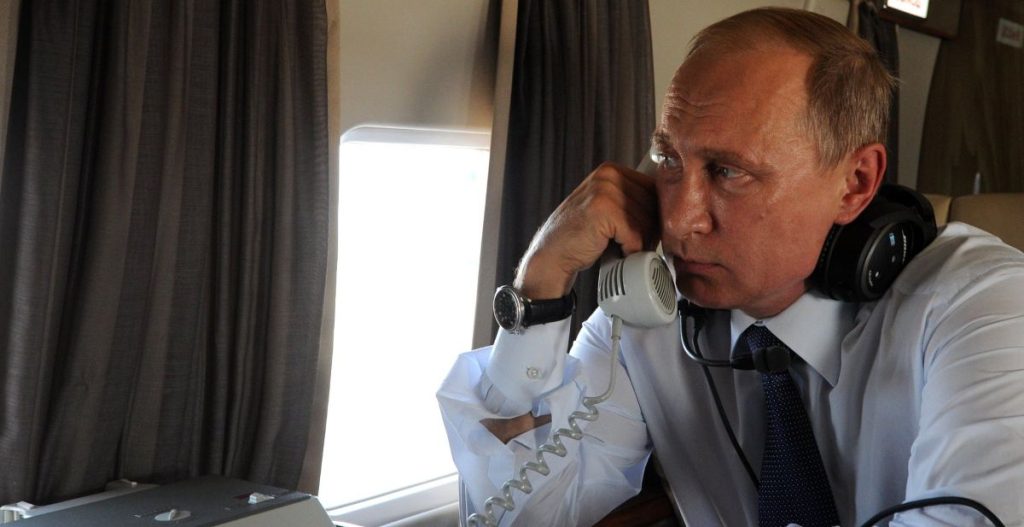Once hailed as a master strategist, Vladimir Putin now finds himself surrounded by the consequences of his own decisions.
Others are reading now
From the battlefield to the economy and diplomacy, Russia’s president has turned short-term tactical gains into long-term national setbacks.
War in Ukraine
When Russian troops invaded Ukraine on February 24, 2022, Putin faced a NATO alliance that was underfunded and divided. His aggression changed everything.
The war revived and expanded NATO, bringing in Sweden and Finland as new members and prompting defense spending increases across Europe.
Ukraine, instead of collapsing, mobilized hundreds of thousands of soldiers and became the front line of Europe’s defense.
Its military innovations, especially in drone warfare, have made it a global leader in combat technology. The invasion meant to weaken the West instead unified it.
Also read
NATO’s revival
What Putin once called an “obsolete” alliance has become stronger than at any time since the Cold War.
Formerly hesitant members are rearming, and countries like Germany have launched major defense programs.
The United States has reaffirmed its leadership in Europe, while NATO’s presence on Russia’s borders has doubled.
Far from undermining Western unity, Putin’s war created precisely what he wanted to prevent, a revitalized alliance dedicated to containing Moscow.
Economic collapse
Before the invasion, Europe’s reliance on Russian gas and oil secured the Kremlin’s economic power.
Also read
That leverage has now disappeared. The European Union is phasing out nearly all Russian energy imports and has frozen billions in Russian assets.
Shut out of Western markets, Russia has turned to China and India. But both countries buy at heavily discounted prices, forcing Moscow to sell at a loss.
China’s growing dominance over Russia’s trade leaves Putin dependent on Beijing’s goodwill, while India’s low purchasing prices erode profits further.
Strategic dependence on China
Putin’s pivot to China may appear pragmatic, but it has deepened Moscow’s vulnerability.
Beijing is using Russia’s isolation to expand its influence, buying energy cheaply and investing in projects that give it leverage over Russian infrastructure and exports.
Also read
At the same time, China is preparing for a post-fossil-fuel future, reducing the long-term value of Russia’s main exports.
If Beijing ever seeks a diplomatic deal with Washington or Brussels, its support for Putin could quickly become expendable.
Loss of global influence
While fighting in Ukraine, Putin has lost ground elsewhere. In the Middle East, Russia’s sway has declined sharply.
Longtime allies like Syria and Iran receive less support. In Central Asia, former Soviet republics increasingly lean toward China or the United States.
The image of Russia as a decisive power has faded, replaced by one of overreach and decline.
Also read
Moscow is no longer seen as a reliable partner, even by those who once depended on it.
Misreading the West
Putin’s reputation for manipulating Western leaders has also collapsed. He once fooled or outmaneuvered several U.S. presidents, from George W. Bush to Barack Obama.
But with Donald Trump, the pattern reversed. After reports that Putin mocked him, Trump imposed harsh sanctions and expanded U.S. support for Ukraine, undoing any advantage Moscow once enjoyed.
In trying to exploit Western divisions, Putin instead provoked unity and backlash. His tactical instincts, once praised, have produced a series of strategic defeats.


